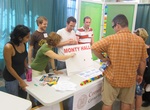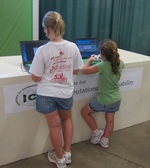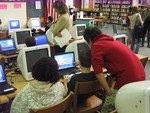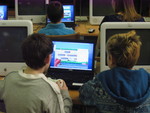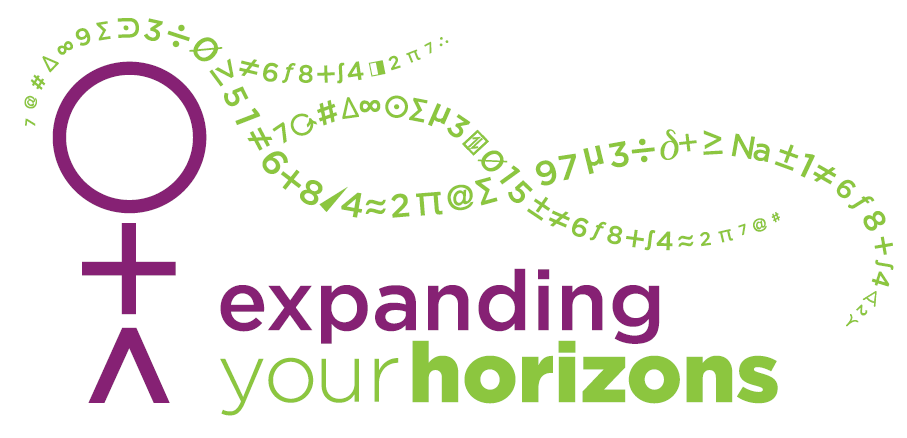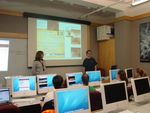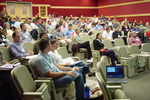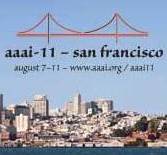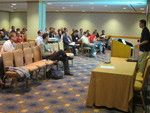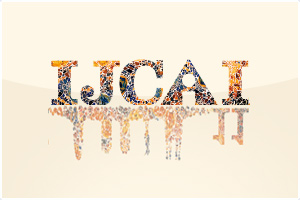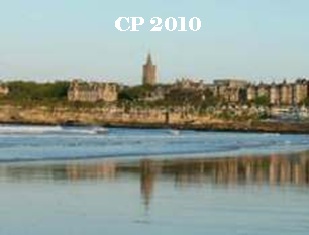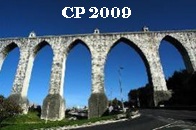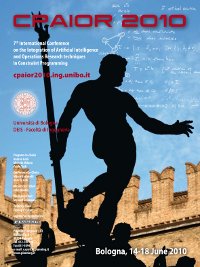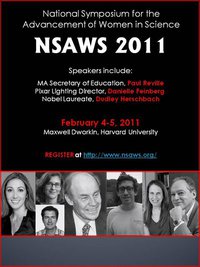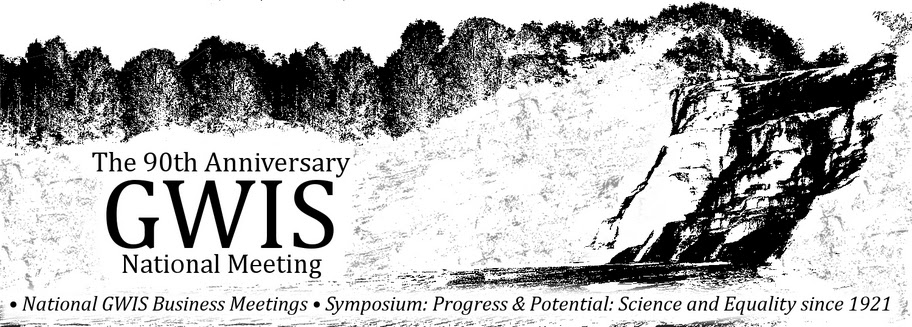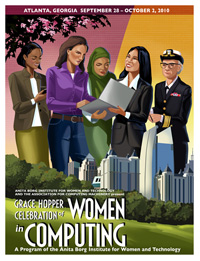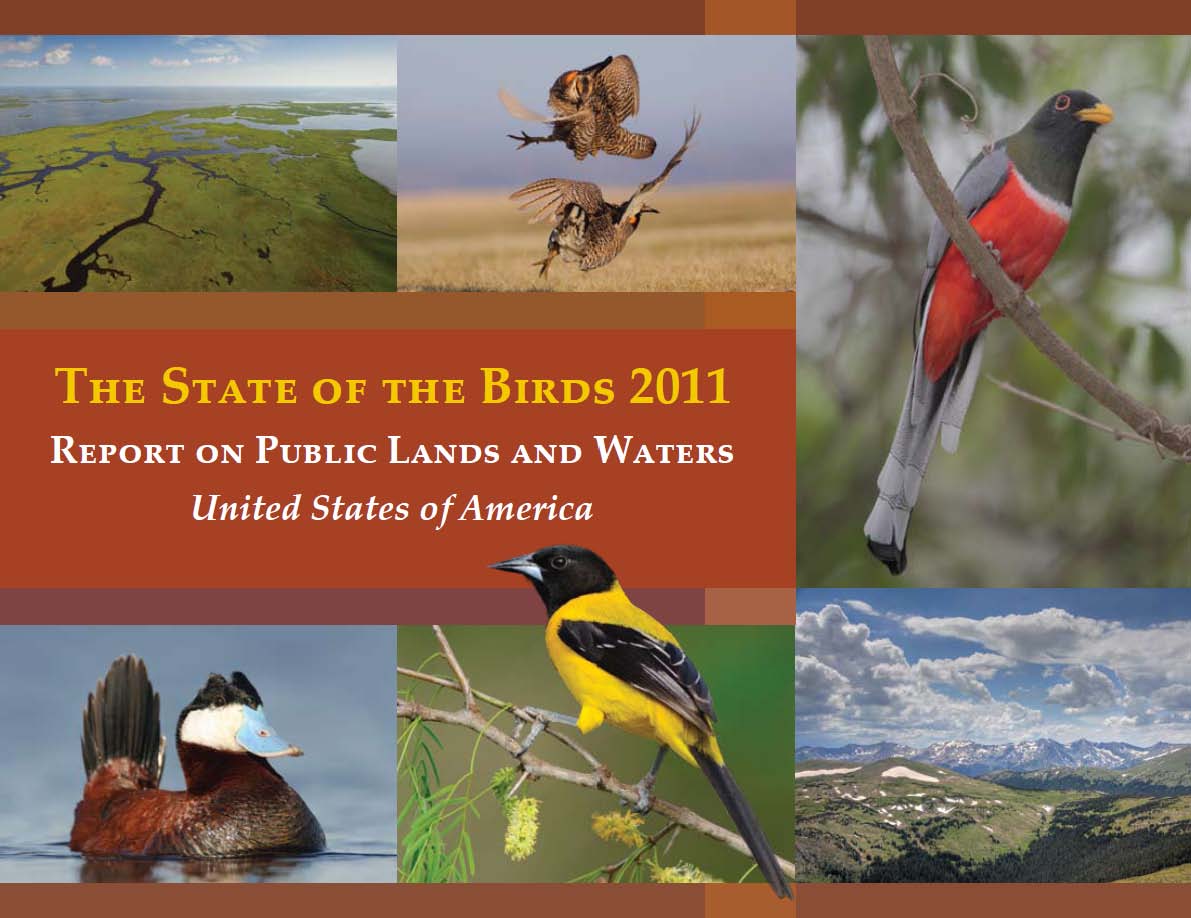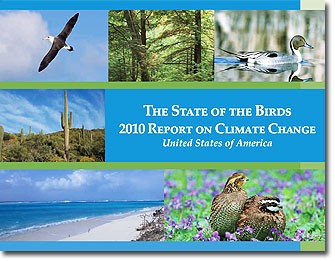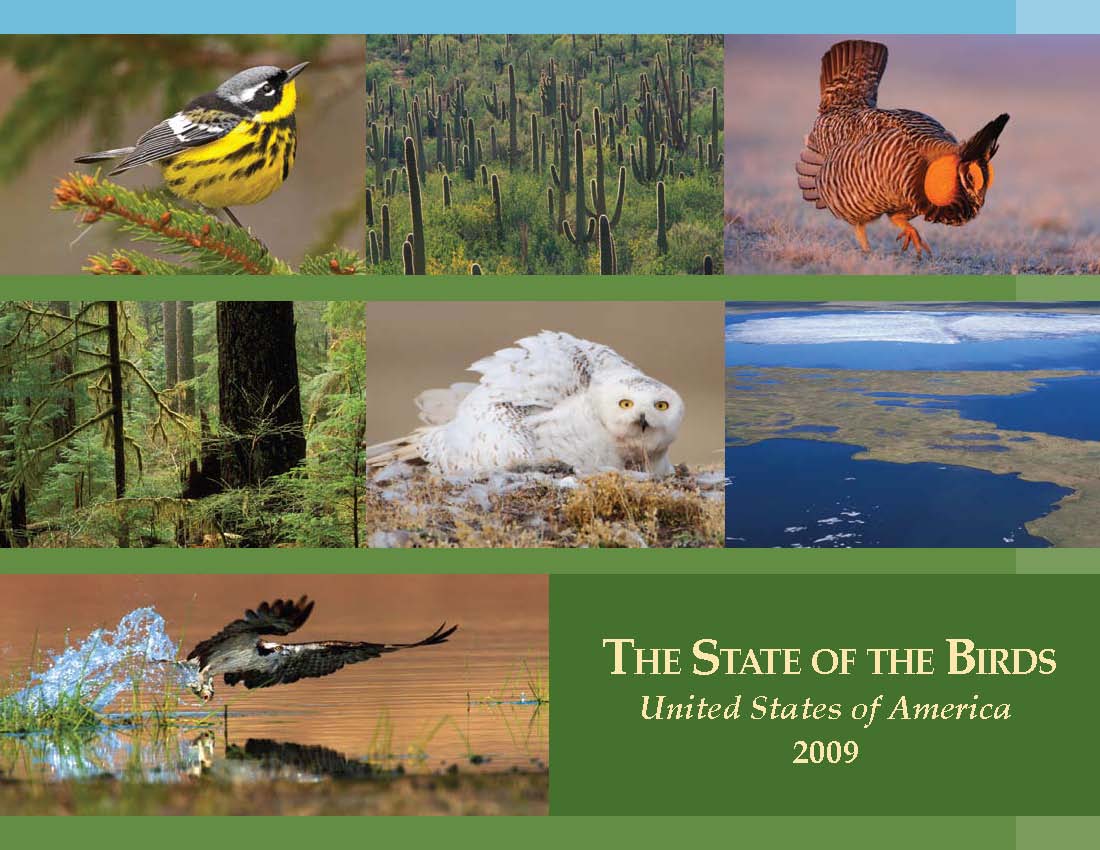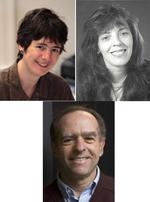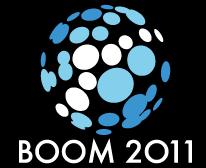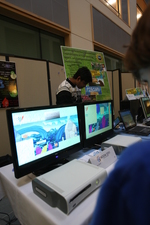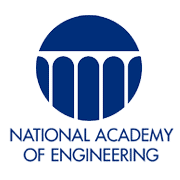ICS Outreach and Educational Activities
The overarching goal of the Institute for Computational Sustainability (ICS) is to perform and foster research in computational sustainability, focusing on foundational science, as well as practical applications, and on broader societal impacts. ICS members pursue outreach and educational activities in order to foster awareness of this new field, expand the research community, and help experts and the general public understand the role computational methods can play in the pursuit of sustainability. Examples of these activities appear below.
Reaching out to Children and the General Public
ICS is committed to developing the public's understanding of computer science and sustainability concepts, while encouraging children to consider pursuing this work in their educational and career goals.
Reaching out to the Computer Science and Artificial Intelligence Communities
ICS aims to establish a vibrant research community in the area of computational sustainability, reaching far beyond the participating members of this Expedition.
By bringing attention to the many compelling research challenges in sustainability, ICS draws in many other computer scientists to pursue the unique challenges in computational sustainability.
International Conferences on Computational SustainabilityBeginning in 2009, ICS inaugurated the first of its International Conferences on Computational Sustainability at Cornell, which was followed by a second conference in 2010 held at MIT. The conferences focus on computational methods for balancing environmental, economic, and societal needs for a sustainable future. Through talks, discussions, poster sessions, workshops, and doctoral consortia, the conferences typically attract over 200 participants, including representatives from national and international research institutions and government agencies. These conferences generate substantial interest from individuals to join the computational sustainability research community and help to increase the number of scientists and other experts involved in computational sustainability research. A third conference in this series will be held in Europe in 2012. |
|
Artificial Intelligence and SustainabilityRecognizing that Artificial Intelligence (AI) can play a key role in addressing challenges in computational sustainability, ICS has been reaching out to the AI community. ICS has brought together AI researchers, practitioners, scientists, and engineers in related disciplines at various events in order to further nurture the involvement of AI researchers, practitioners, scientists, and engineers in computational sustainability research. ICS has exhibited at the International Joint Conferences on Artificial Intelligence (IJCAI) and at the AAAI Conferences on Artificial Intelligence. Director Carla Gomes and Deputy Director Tom Dietterich have presented invited talks at various AI conferences. Carla Gomes also served as co-chair for the first special track, �Computational Sustainability and Artificial Intelligence (CompSustAI),� which took place at the 2011 AAAI conference and included the paper that won the 2011 AAAI outstanding paper award. Due to the success of this special track, a second CompSustAI special track is planned to take place at the 2012 AAAI Conference on Artificial Intelligence in Toronto, Canada. |
Workshops on Constraint Reasoning for Computational SustainabilityICS members recognize the need to provide outreach to researchers in constraint reasoning and optimization in order to encourage their participation in the use of computational methods to tackle challenging sustainability problems, and therefore have been organizing workshops at conferences related to constraint programming. These include International Workshops on Constraint Reasoning and Optimization for Computational Sustainability, held in conjunction with: the 15th International Conference on Principles and Practice of Constraint Programming (CP 2009) in Lisbon, Portugal; the 7th International Conference on Integration of Artificial Intelligence (AI) and Operations Research (OR) techniques in Constraint Programming (CPAIOR 2010) in Bologna, Italy; and the 16th International Conference on Principles and Practice of Constraint Programming (CP 2010) in St. Andrews, Scotland, UK.These workshops spark interest in the computer science and operations research communities, especially in scientists working in the fields of constraint reasoning and optimization. The interest these workshops generate within the computer science and operations research communities is helping to attract individuals to participate in computational sustainability research and to build a greater awareness of this new research area. |
Women in Computer ScienceICS is committed to encouraging women and underrepresented minorities to pursue science and technology research and careers. In February 2011, ICS Director Carla Gomes presented an invited plenary talk at the National Symposium for the Advancement of Women in Science (NSAWS) held in Cambridge, Massachusetts.In June 2011, the ICS assisted the Cornell University chapter of Sigma Delta Epsilon, otherwise known as Graduate Women in Science (GWIS), in sponsoring the 90th Annual National GWIS conference on the Cornell University campus in Ithaca, NY. By highlighting the important roles women are playing in computational sustainability research, the ICS hopes to encourage more women to participate both in science learning and careers in science. Carla Gomes also presented a technical talk regarding computational sustainability, and participated in a panel discussion of how women can become leaders in their fields, at the October 2010 Grace Hopper Celebration of Women in Computing (GraceHopper'10). Organized by the Anita Borg Institute for Women and Technology, the Grace Hopper Celebration of Women in Computing is a series of conferences designed to bring the research and career interests of women in computing to the forefront. |
Reaching out to Scientists and Policy Makers
ICS and its members seek to increase the understanding of computational sustainability among other scientists not yet involved in this field as well as among representatives from various U.S. organizations and government agencies in order to inject computational methods into their sustainability research and policies.
State of the Birds ReportsIn 2009 the U.S. Secretary of the Interior released the first annual State of the Birds report. These reports have become important outreach and educational tools for bird conservation issues in the U.S. For example, the first report in 2009 led to 700+ news stories and 126,000 web page views, in addition to the introduction of legislation to assist bird conservation efforts.ICS member Ken Rosenberg served on the science team for the 2009, 2010, and 2011 reports, with the Cornell Lab of Ornithology providing additional support in development and release of the reports. For the 2011 report, State of The Birds 2011: Report on Public Lands and Water, Rosenberg was joined by ICS members Theodoros Damoulas and Daniel Fink, with this Cornell team asked to contribute year-round species distribution estimates that required high-performance computing techniques. |
|
Toward a Science of Sustainability ConferenceA significant effort to enhance the understanding of other scientists and policy makers came through the November 2009 participation of ICS members Carla Gomes, John Guckenheimer, and Mary Lou Zeeman in the NSF-sponsored Toward a Science of Sustainability Conference. The workshop brought together 40 scientists and practitioners from across a broad spectrum of disciplines to identify crucial open research questions whose solution would advance the field by quantum levels. Participants were organized into four multidisciplinary working groups, producing findings which have been published in order to help guide priorities for funding of research on sustainability. |
|
Bits On Our Minds (BOOM)Bits On Our Minds (BOOM) is an annual showcase of student research and creativity in digital technology and applications at Cornell University. It provides an opportunity for Cornell undergraduate and Master's-level students to show their best work in cutting-edge technologies to the public and the Cornell community, and is typically attended by several hundred people. ICS students have exhibited their Expeditions-related work at both BOOM 2010 and BOOM 2011, providing a computational sustainability outreach opportunity to members of the public and to Cornell community members. In 2010 and 2011, David Schneider�s students exhibited their educational video games at BOOM, allowing members of the public to test the games and learn about computational sustainability and computer science concepts. Their exhibit won the Goldman Sachs Creativity Award and an honorary mention for Google�s �Most Googley Project Award� in 2010. At BOOM 2011, ICS students working with Theodoros Damoulas and Carla Gomes also exhibited their project �Social Network Discovery of Computational Sustainability Community�, which focused on the automatic discovery of the Computational Sustainability Community by mining hundreds of thousands of academic research publications. Their project won the event�s �EMC Big Data Award.� |
Reaching out to Engineering LeadersOn September 10, 2009 ICS Director Carla Gomes delivered the invited talk "Computational Sustainability: Computational Methods for a Sustainable Environment, Economy, and Society" at the 2009 National Academy of Engineering U.S. Frontiers of Engineering Symposium. This annual meeting brings together 100 of the nation's outstanding young engineers from industry, academia, and government to discuss pioneering technical and leading-edge research in various engineering fields and industry sectors. |
Drop us an email if you'd like to join us in establishing the field of Computational Sustainability.
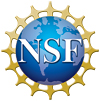
Sponsored by the National Science Foundation



